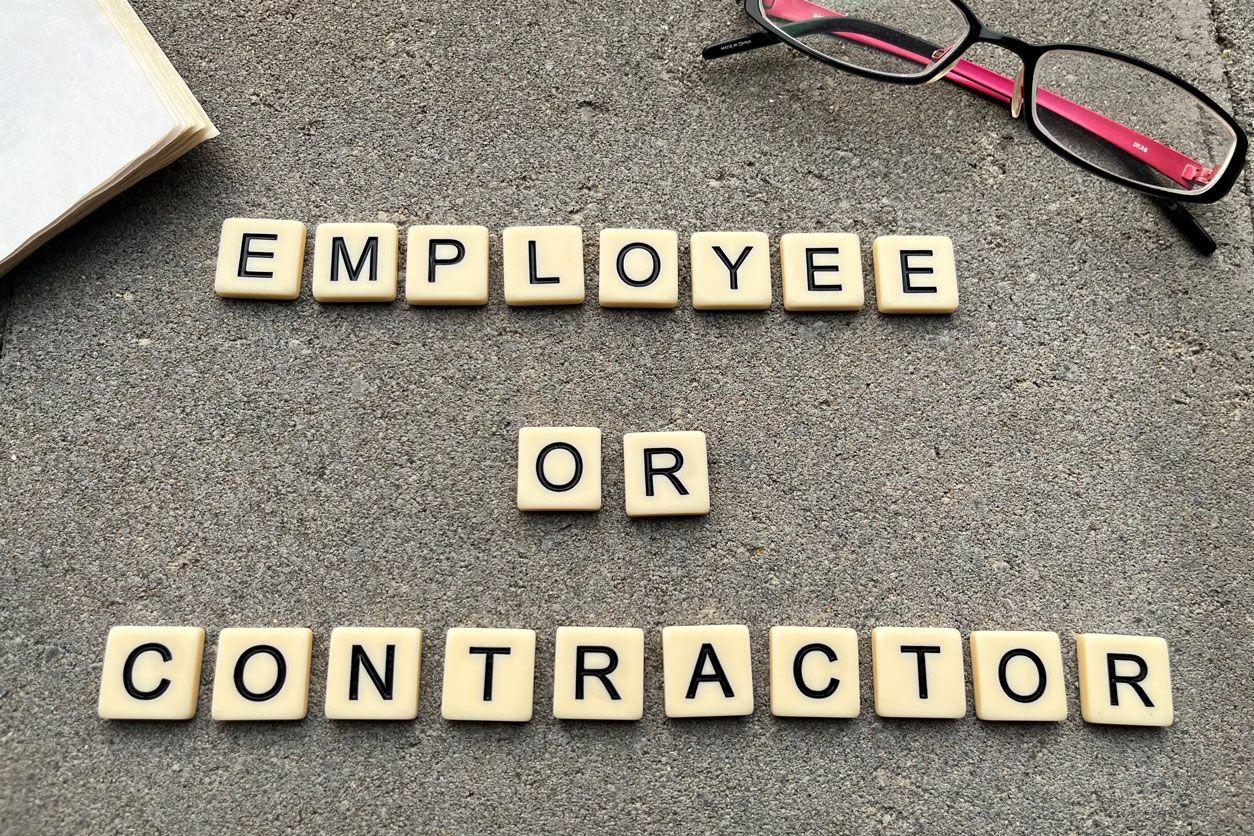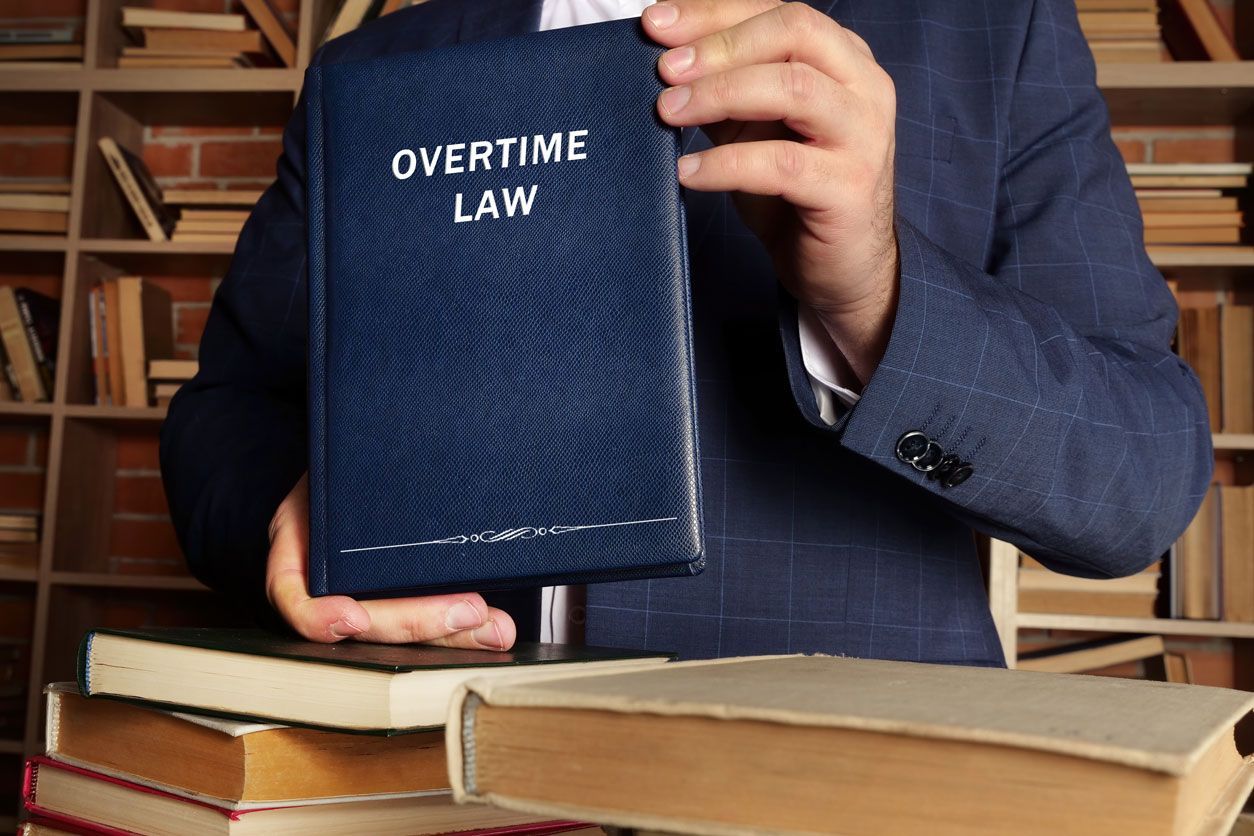How to Sue Your Employer in California
What Do California Employees Need to Know Before Suing an Employer?
Before suing your employer in California, it’s important to understand that most workplace disputes follow a specific legal process, and filing a lawsuit is often not the first step. California employment laws offer strong protections for workers, but they also require employees to meet certain deadlines, follow administrative procedures, and gather evidence before a case can move forward. Depending on the type of claim, you may need to file a complaint with a state agency, attempt resolution through internal channels, or comply with strict statutes of limitation. Knowing your rights, your obligations, and the steps involved can help you avoid costly mistakes and determine whether legal action is the right path for your situation.
Employment law is complex and there are specific steps one must take depending on the type of case. So, it is important to talk to an attorney. They can review your situation, establish next steps for your employment lawsuit, and explain your rights under California and federal law.
How to File a Claim Against Your Employer in California
The process for suing an employer depends on the claim, but keep in mind that timing is key. Different claims have different deadlines. For example:
- Discrimination and harassment claims must be filed with the California Civil Rights Department (CRD) within three years of the last unlawful act.
- Wage claims can usually be filed within three years, but they may extend to four years if there is a breach of a written contract.
- Federal discrimination claims, like those through the EEOC, often have shorter deadlines—typically 180 to 300 days from the incident.
Here are the steps to follow:
- Identify the Legal Grounds: Determine the specific legal basis for your lawsuit (e.g., discrimination, harassment, wrongful termination, etc.).
- Gather Evidence: Collect all relevant documents, such as emails, pay stubs, HR complaints, and more. Keep a detailed record of the incidents and dates.
- Talk to a Lawyer: Get advice from a skilled employment lawyer who knows California law. An attorney can help you understand your legal options and build a strong case.
- File a Complaint (if needed): If your claim requires it, you might need to file a complaint with the California Civil Rights Department (CRD) or the Labor Commissioner before starting a lawsuit. For example, if you're claiming discrimination, you'll likely need to file with the CRD first.
- File the Lawsuit: Your attorney will file a complaint (a document outlining your claim and the relief you seek) with the court.
When Should You Consider a Claim Against Your Employer?
You may want to file a claim against your employer if your employer violates your employee rights in California. Not every tough situation results in a legal claim, but here are some common examples of when you may need to take action:
Discrimination
California's Fair Employment and Housing Act (FEHA) and federal laws like Title VII of the Civil Rights Act make it illegal for employers to discriminate against workers. Protected characteristics include race, gender, age (over 40), disability, religion, national origin, sexual orientation, gender identity, and marital status.
If your employer passed you over for a promotion, demoted you, disciplined you, or fired you for any of the protected characteristics, you may have a discrimination claim. Remember, your employer does not need to make obvious discriminatory comments for the behavior to be illegal. Systemic or subtle patterns of unequal treatment can also qualify.
Sexual Harassment
Sexual harassment is illegal in California and under federal law. It can happen in many ways, such as unwanted sexual advances, requests for sexual favors, or inappropriate comments and jokes. It also includes showing sexually explicit materials or any behavior that makes the workplace hostile or intimidating.
Denied Benefits
You might have a claim if your employer denies benefits. These include paid sick leave, family and medical leave, health insurance, and retirement contributions. Illegal actions also count. For example, if your employer denies protected leave, forces you to work while on leave, or punishes you for asking, that’s a problem. Misclassifying you to avoid benefits or denying disability benefits can also be against the law.
Wage and Hour Violations
You may have the right to compensation if your employer did not pay you minimum wage, refused to pay overtime, denied you meal or rest breaks, or misclassified you. These wage and hour violations often happen in specific industries.
What to Do Next
Employment disputes are personal. If you’re considering legal action, remember that how you sue your employer depends on your claim type. Each type has its own process, evidence needs, and deadlines.
A qualified employment law attorney can evaluate your options. They can help you decide if filing a lawsuit is right for you and guide you through the process.
Connect with Lawyers for Employee and Consumer Rights for a freecase evaluation. Our attorneys in California are experts in employment rights law, with experience covering a range of employee rights violations.
Content is informational only and not legal advice.
Frequently Asked Questions
1. Can I sue my employer in California while I’m still employed?
Yes. In some situations, California employees can sue their employer while still working there. However, doing so can be sensitive, and retaliation is illegal. An employment attorney can help you weigh the risks and protections involved.
2. Do I have to file a complaint with a state agency before suing my employer?
Often, yes. Claims involving discrimination, harassment, or retaliation usually require filing a complaint with the California Civil Rights Department (CRD) or the EEOC before you can file a lawsuit. Other claims, such as wage and hour violations, may follow a different process.
3. How long do I have to sue my employer in California?
Deadlines vary depending on the type of claim. Some claims must be filed within months, while others allow more time. Missing a statute of limitations can prevent you from pursuing your case, which is why acting quickly is important.
4. What kind of evidence do I need to sue my employer?
Useful evidence can include emails, text messages, pay stubs, performance reviews, witness statements, and documentation of complaints made to HR or management. Keeping detailed records can strengthen your case.
5. Can my employer fire me for suing them?
No. Retaliation for asserting your legal rights is illegal under California law. If your employer takes adverse action against you for filing a complaint or lawsuit, that may create an additional legal claim.
6. Do I need a lawyer to sue my employer in California?
While some administrative claims can be filed without a lawyer, employment law is complex. An experienced California employment attorney can help ensure deadlines are met, procedures are followed, and your rights are fully protected.
7. What compensation can I recover if I win my case?
Depending on the claim, you may be entitled to back pay, lost benefits, emotional distress damages, penalties, or attorneys’ fees. The available remedies depend on the specific laws involved and the facts of your case.
Share on Social Media






